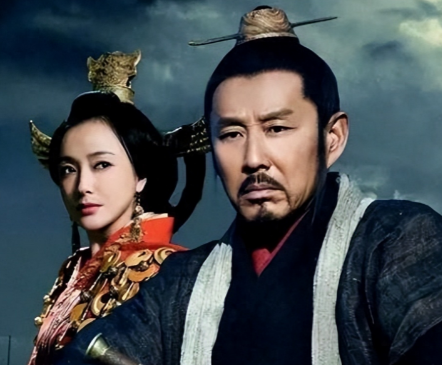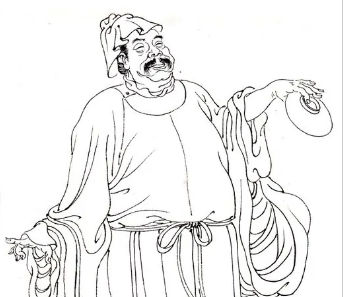In a rapidly changing society, regardless of one's starting point, there are always opportunities to find a suitable path to transform from poverty to wealth. For those with limited resources and at the bottom of society, choosing the right industry is particularly critical. The following are five industries suitable for poor people to turn over, which may provide opportunities to change their fate.

First, the Internet and information technology industry. The booming development of the Internet industry has brought countless opportunities, especially for individuals with self-learning ability and innovative spirit. Engaging in professions such as website development, online marketing, and data analysis does not necessarily require a high academic background, but requires continuous learning and practice. Many free or low-cost online courses can help people master the necessary skills to enter this field.
Second, handicrafts and art production. The market for handmade crafts is recovering, and more and more consumers are willing to pay higher prices for unique, handmade goods. Whether it's knitting, carpentry, ceramics, or metalwork, as long as there is some skill and creativity, it is possible to sell their own works through e-commerce platforms or local markets, and gradually establish a brand.
Third, household and personal service industries. With the fast pace of urban life, the demand for services such as household cleaning, childcare, and elderly care continues to grow. These jobs usually do not require high academic qualifications, but rather emphasize service attitude and professional skills. Through professional training and serious work, practitioners can gradually establish a good reputation, increase their customer base, and even expand to team management and household management company operations.
Fourth, direct sales of agricultural products and agricultural technology. Agriculture is a traditional industry, but with the rise of organic farming and healthy eating trends, small farmers have more development opportunities. Farms near cities can sell organic vegetables and fruits directly to consumers to obtain higher profits. At the same time, advancements in agricultural technology have also provided new business models for those interested in agricultural innovation.
Fifth, second-hand trading and a circular economy. The circular economy model encourages the use and reuse of old items to reduce waste. People who are good at repair, modification, and design can find opportunities in the second-hand market. Buying and selling second-hand goods through online platforms is not only cost-effective but also has a huge market demand. In addition, individuals with refurbishing skills can create income by restoring and reselling old furniture, appliances, and other items.
Conclusion: Although each industry has its unique challenges and opportunities, the key lies in personal efforts, adaptability, and a continuous learning attitude. The above industries provide feasible paths for those in disadvantaged positions, helping them improve their living conditions through their own efforts and gradually achieve economic independence and freedom. Regardless of which industry is chosen, perseverance and a positive and enterprising mindset are always the key factors for success.
Disclaimer: The above content is sourced from the internet and the copyright belongs to the original author. If there is any infringement of your original copyright, please inform us and we will delete the relevant content as soon as possible.































